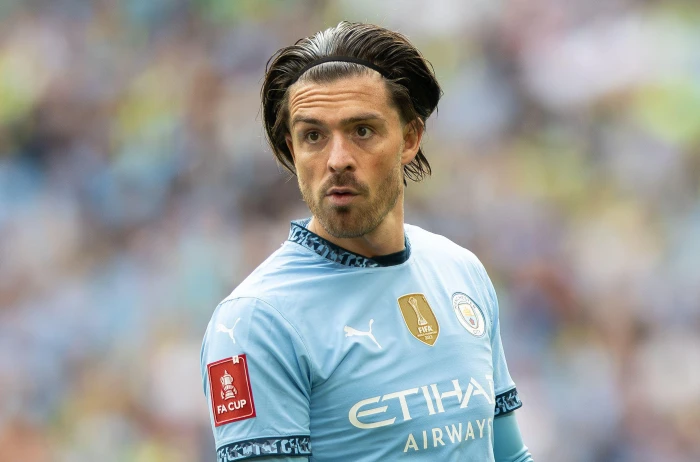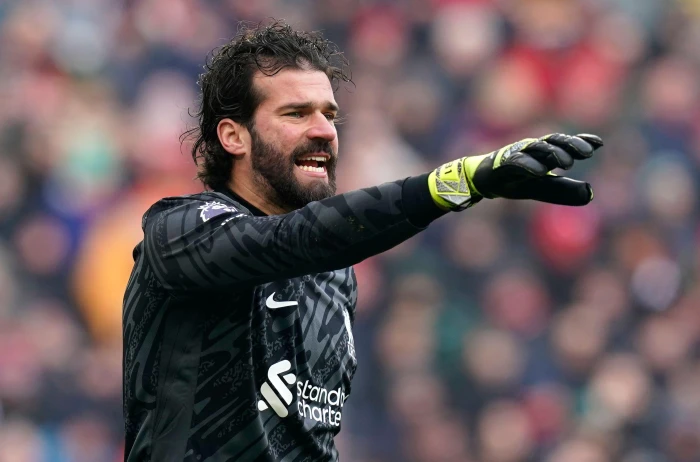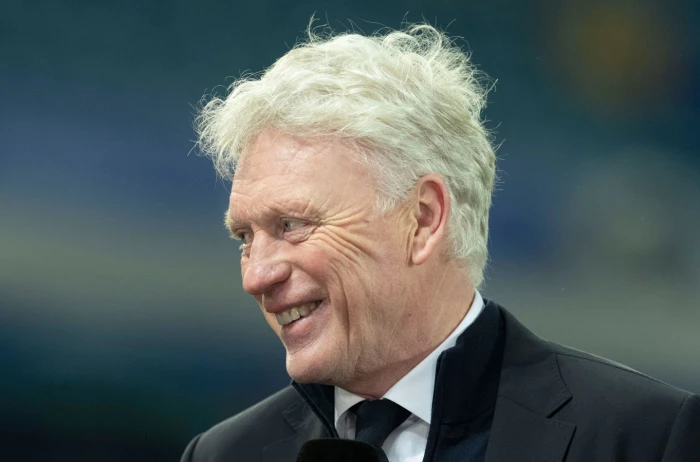
Everton have fallen upon hard times in the last few decades. Having been nine-time champions of England, the club have not lifted any silverware since 1995; the longest barren streak in their history.
Everton FC News
Jack Grealish next club: Tottenham now hot favourite among long list of suitors
One of the big stories this transfer window will concern the future of Jack Grealish as the out-of-favour Man City man ponders his next move.
Newcastle v Everton: Prediction, free tips and bet builder
Champions League-chasing Newcastle host mid-table Everton on the final day of the Premier League season. Can we find you some winning tips for the Sunday's clash?
Chelsea v Everton: Prediction, tips and bet builder as Blues fight for European future
Chelsea’s pursuit of Champions League football continues on Saturday afternoon when they Blues host Everton at Stamford Bridge (1230 GMT).
Everton v Arsenal: Prediction, tips and bet builder as Toffees hold firm against Gunners
Saturday's lunchtime kick-off (1230 BST) sees Arsenal make their final journey to Goodison Park to take on Everton. Can we find you some winning tips with our bet builder suggestions on April 5?
Liverpool vs Everton: Prediction, tips and bet builder as Reds look to get back on track
Liverpool look to put a disappointing period behind them when they host bitter rivals Everton on Wednesday night (2000 BST).
Wolves v Everton: Prediction, tips and bet builder as Magic Moyes puts unbeaten run on the line
Everton will be looking to complete a season double over Wolves when the Toffees make the trip to Molineux this Saturday night (2000 GMT).





